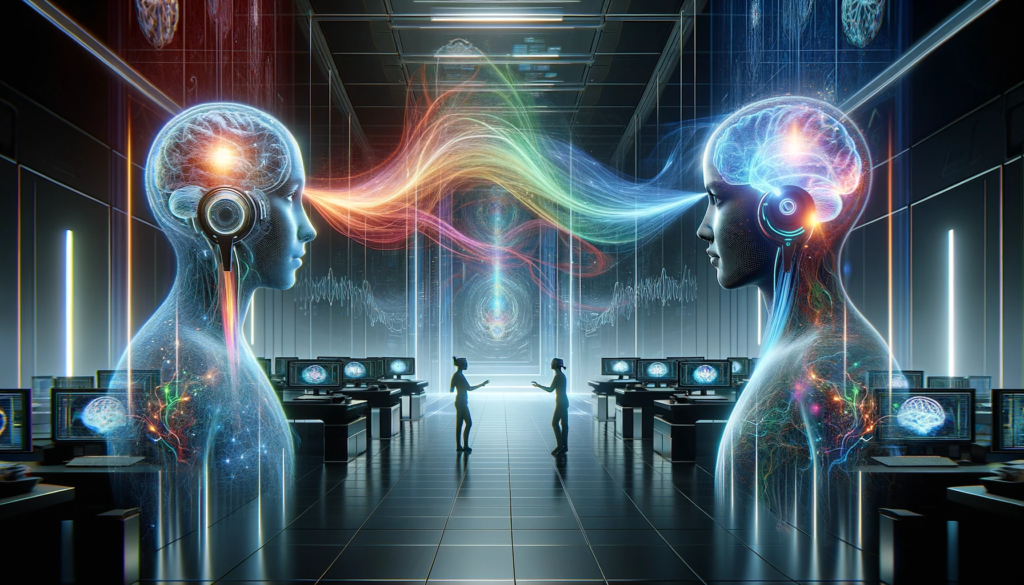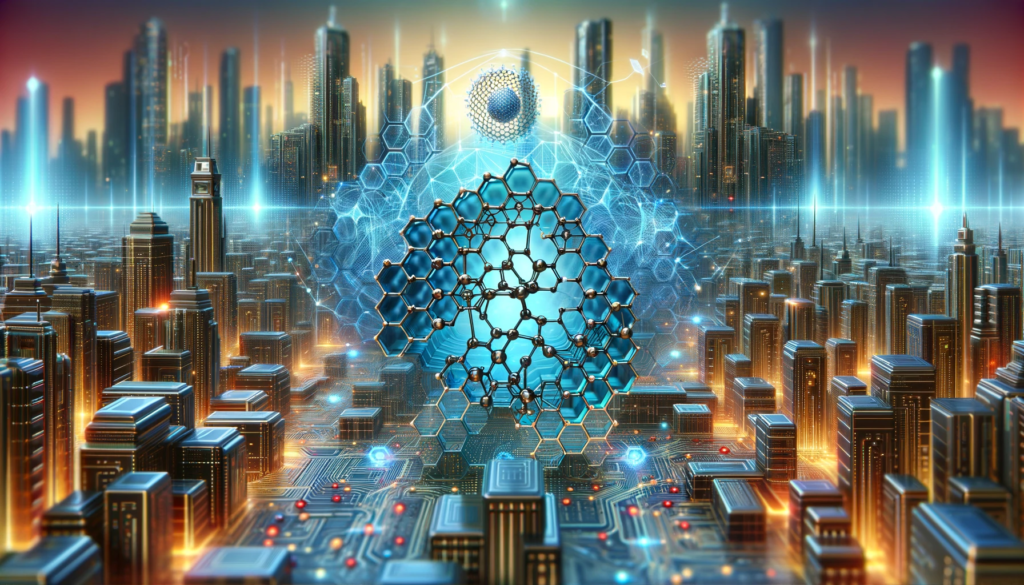AI, also known as artificial general intelligence (AGI), holds immense potential in addressing global challenges. With its ability to think and reason like a human, AGI can contribute to solving real-world problems that impact humanity on a large scale. In this blog post, we will explore how AI can be harnessed for the greater good, highlighting its role in tackling global challenges.
Climate Change and Environmental Issues
One of the most pressing challenges of our time is climate change. AI can aid in climate modeling, allowing scientists to better understand the complex dynamics of our planet’s climate system. By analyzing vast amounts of data, AI algorithms can provide valuable insights into climate patterns and help predict future changes. Additionally, AI can assist in environmental monitoring, from detecting deforestation and illegal fishing to tracking wildlife populations. Several ongoing projects, such as using AI to protect endangered species and optimize renewable energy systems, showcase the potential of AI in environmental conservation.
Healthcare and Pandemic Response
The COVID-19 pandemic has highlighted the critical role of AI in healthcare. AI algorithms have been instrumental in drug discovery, accelerating the process of identifying potential treatments and vaccines. Machine learning models can analyze vast amounts of medical data to identify patterns and predict disease outbreaks. AI-powered chatbots and virtual assistants have also played a crucial role in managing public health crises, providing reliable information and triaging patients. The potential of AI in pandemic prevention, early detection, and response is immense, offering a glimmer of hope for future global health challenges.
Global Poverty and Humanitarian Aid
AI has the potential to address global poverty by analyzing economic data and optimizing resource distribution. By leveraging AI algorithms, governments and organizations can make informed decisions to alleviate poverty and improve living conditions. AI can also revolutionize agricultural practices, helping farmers optimize crop yields, reduce waste, and adapt to changing climate conditions. In the realm of humanitarian aid, AI can assist in logistics and disaster relief efforts, ensuring efficient resource allocation and timely response in times of crisis.
Education and Accessibility
AI can revolutionize education by personalizing learning experiences and making educational resources more accessible worldwide. Adaptive learning platforms powered by AI can tailor educational content to individual students’ needs, enhancing engagement and improving learning outcomes. AI tools can also assist individuals with disabilities, providing them with equal access to education and empowering them to reach their full potential. The democratization of knowledge through AI has the power to transform education on a global scale.
Ethical and Fair Use
While the potential of AI in addressing global challenges is vast, it is crucial to use AI ethically and responsibly. Fair and unbiased AI algorithms are essential to ensure that AI solutions do not perpetuate existing biases or discriminate against certain groups. Transparency in AI decision-making processes is vital, as it fosters trust and accountability. As AI continues to evolve, ethical considerations must be at the forefront of its development and deployment, especially in sensitive areas impacting human lives.
Challenges and Limitations
Implementing AI solutions globally comes with its own set of challenges. Technological disparities between countries and regions can hinder the widespread adoption of AI. Additionally, concerns about data privacy and security need to be addressed to ensure the responsible use of AI. It is also important to acknowledge the limitations of current AI technologies. While AI can assist in solving many global challenges, it is not a panacea, and complex issues require multidisciplinary approaches that go beyond AI alone.
Engaging with the Audience
We invite our readers to share their thoughts on other global challenges where AI could make a significant impact. Let’s have a discussion on the ethical considerations of applying AI in these areas and explore how we can collectively harness the power of AI for good.
Conclusion
AI holds immense potential as a tool for social good. By harnessing the power of AI, we can tackle global challenges such as climate change, healthcare crises, poverty, and educational barriers. However, it is crucial to approach AI development and deployment with a sense of responsibility, ensuring ethical considerations and fairness. Continued research, collaboration, and ethical practices are key to unlocking the full potential of AI in addressing the most pressing challenges facing our world today.
Images: Include images or infographics that depict AI solutions in various global contexts. Use charts or diagrams to illustrate the impact of AI on global challenges.
Meta Description: Discover how AI can tackle global challenges, from climate change to healthcare crises. Explore the potential of AI for good and the ethical considerations in its application.










